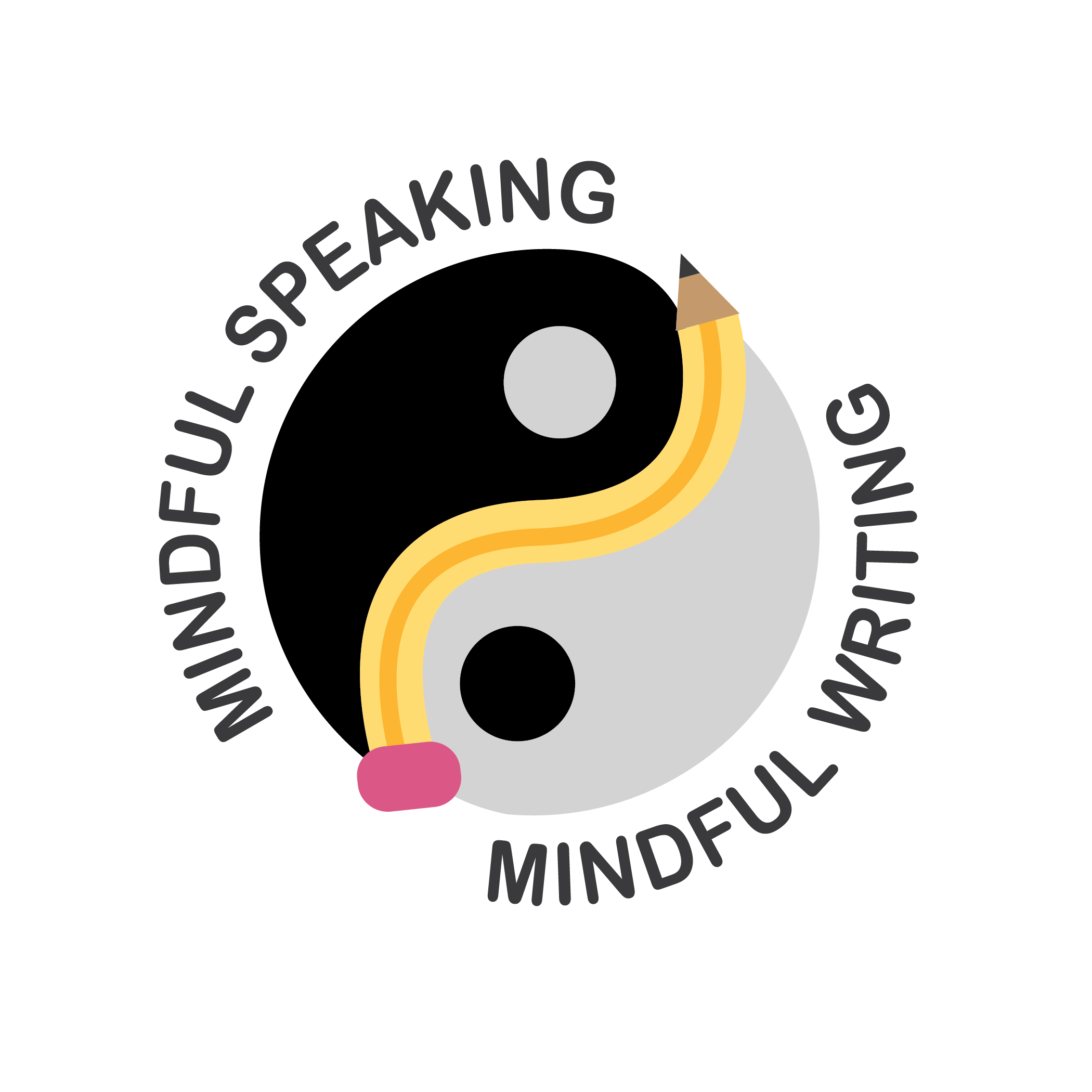
photo credit: pixabay
In the first three blogs of this series about “What makes a memoir great?” I wrote about emotionally engaging the reader through story (#1); character (#2) and theme (#3). From a writer’s perspective, each of these topics fits broadly under the general heading of craft or skill. Most readers are not particularly aware of (or care about) how a writer achieves her effect by skillful use of story, character or theme. They read to be informed, to be inspired, entertained, to learn, to feel something etc.
For today’s entry, (#4), I’d like to broaden the discussion, and talk about a more “spiritual” issue: Connection. Readers, particularly memoir readers, want to connect. They want to connect on several levels. They may not be consciously aware of each of these, but I think that memoir readers are looking to connect:
1. To themselves
2. To the writer
3. To the human family
Let’s look briefly at each of these. First, connecting to self. Beneath whatever is going on, most of us are always trying to connect to ourselves, to use ourselves, to understand ourselves, to advance ourselves, to become more of who we want to be, to be happier and more fulfilled. A great memoir (any great story really, but memoir specifically) helps us with this quest. It holds up a mirror, asks questions, shows us how someone else solved problems that are related to ours. As we read, we are (often subliminally) asking ourselves questions such as “How do I feel about that?” “How would I have handled that situation” “What did the protagonist know or do that I might have done similarly / differently?” “What can I learn from this person?” Reading a great memoir helps us to look at ourselves through a slightly different lense. This search for ourselves often brings new insight. It is exciting and fulfilling and is a central part of the joy of reading (and writing) memoir.
Second, connecting to the writer. Great memoir allows us to “invade” another’s life, in a way that we rarely get to do in daily life, even with our closest friends and family. Reading a great memoir is like a long, intimate conversation in which we are absorbed in the life, struggles, joys and sorrows of another. We see the broad picture and we see the tiny details. Reading a great memoir is like making a new friend. It can be even better, because we get to know our “new friend” with a speed, and and at a depth that is rare in life. This is not to say that we necessarily like or approve of everything our new friend does. Great memoir invites us in to see the writer, warts and all.
Third, connecting to the “human family.” Great memoir writing, reminds us of the universal themes of existence and puts the writer’s life into a larger context. Whether it’s about love or loss, fear or hope, success or struggle, we come to understand that we are not alone, we are all acting on a larger stage that has been around for centuries and will endure long past our last breath. Seeing ourselves in this context helps us to grasp the reality that we are part of a larger drama. We are not alone.
For the writer, this is a lot to think about and a huge challenge to meet. It is part of what makes the drive to write memoir both so satisfying and so difficult. Memoir is so far beyond a simple recounting of what happened if life. It is not a report, but a story. Story speaks to our deepest nature. Writing memoir – not for the faint of heart, but for the bold of spirit. Is that you?
Next steps: If you are considering writing a memoir, stay tuned for more details about my upcoming classes, starting this fall. I am currently designing the offering, and will be giving details over the next few months. I intend to offer classes at beginner, intermediate and master levels, both on line and in-person. If you think you might be interested, or know someone who might be, please let me know.

I would be interested… I feel that there are so many aspects of my life… Born in S Africa, lived in Belgium, Berlin 1979 – Love lost – and gained.. deep longing – 57 years old – woman. raised children.. looking for the common thread in all my experiences……. Thanks